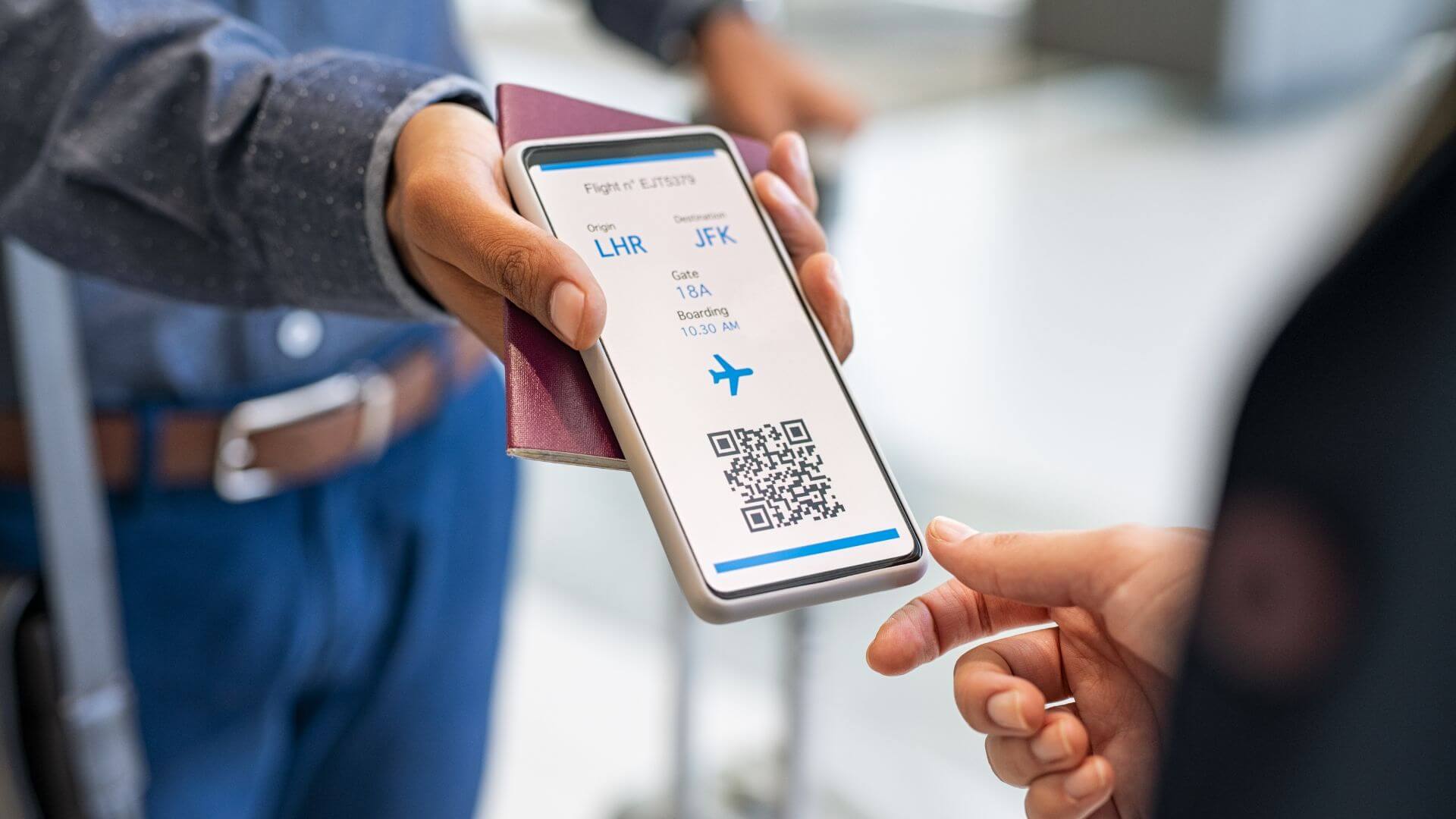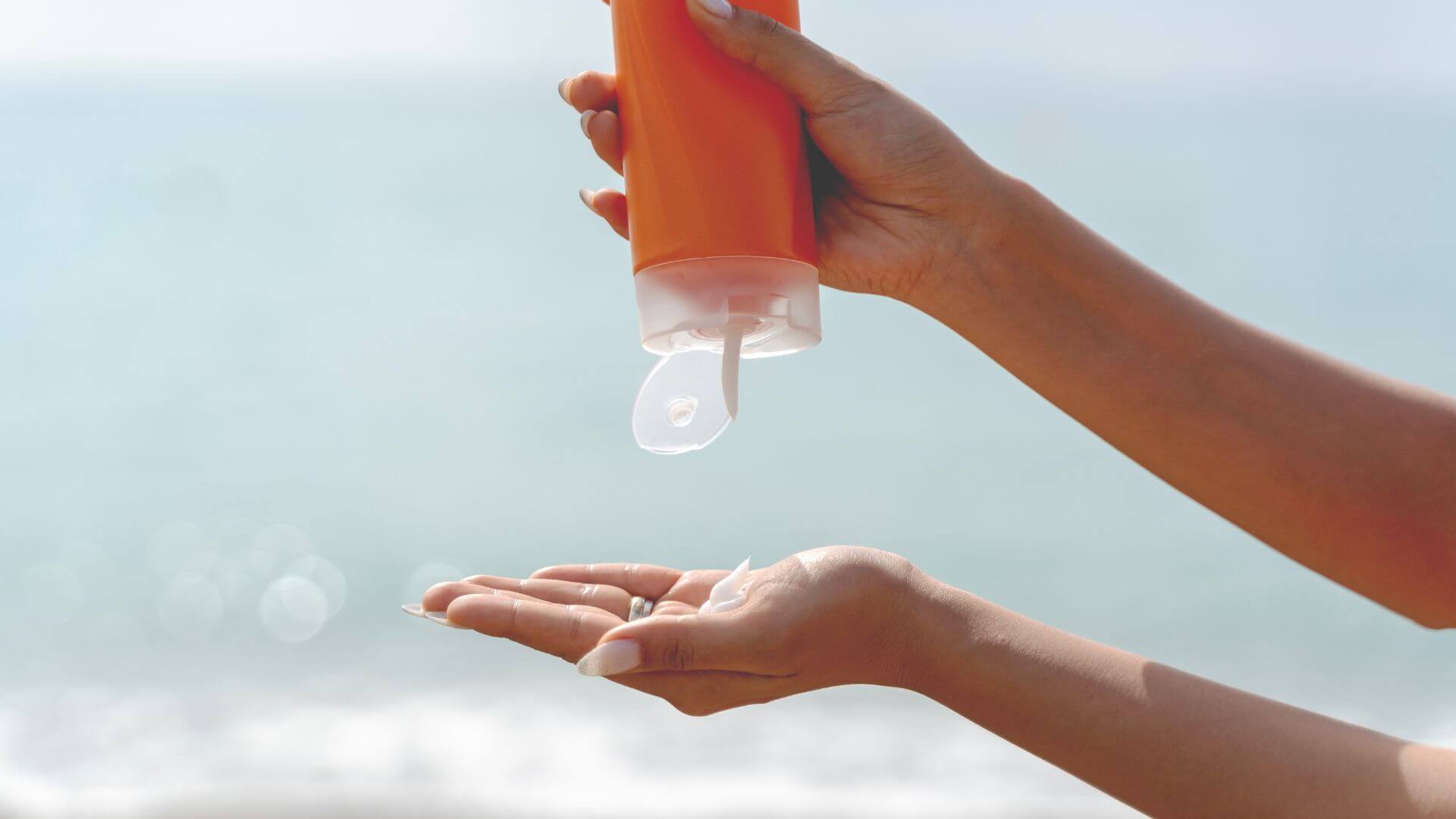Nowadays, environmental problems are more pressing than ever, and the truth that cannot be denied is that it’s up to each and every one of us to make a difference. And it’s amazing that more and more people commit to doing their best to live more sustainable lifestyles. Even though we are not fans of the extremes, and don’t use the emission calculator every time we plan a trip or refuse ourselves a takeaway when we feel like it, we are strong believers that every contribution counts.
No help is too little, and doing something is always better than doing nothing. So here are a few tips on green travel practices that we do our best to stick to.
Planning an Eco Friendly Vacation
Take a Train When Possible

About 2.5% of global carbon emissions can be blamed on air travel. And this number is climbing rapidly, making more and more people look for alternatives that are better for our planet. And railway connections are one of the most popular (and sometimes even superior) choices.
Often, we are conditioned to think that taking a plane is faster, and this is certainly true in the case of long-distance travel. But if you are not going very far, it makes sense to take into consideration a few hours allocated for check-in, security queue, waiting for baggage, etc. Plus, the transfer to the airport can take a while, as they are usually located on the outskirts of the city. The fastest choice becomes much less clear when you start looking at the bigger picture. For example, a high-speed train from Lisbon to Porto runs the distance in 2.5 hours and takes you from one city center to another. A flight takes 1 hour, and you will have to go through the headache of commuting and wasting the precious time of your holiday aimlessly waiting at the airport.
Opting to take a train instead of a plane is not a downgrade but, sometimes, the smartest choice for you and always a better one for our planet. Plus, don’t dismiss the romance of rail travel, the thrill of adventure that the buzz of the rail stations awakens, and the fact that you can easily walk around and stretch when traveling by train.
Consider Second-City or Off-Season Travel

Interestingly, most people don’t think of overtourism as an issue beyond the obvious inflated prices and long lines to see the sights. But if you look closely, the problem runs much deeper. Growing tourist numbers concentrated in one place lead to increased waste generation, overuse of water, and endangering local ways of life in favor of making the destinations as tourist-friendly as possible. For example, Rome in all its glory can’t boast the feel of authentic Italy compared to less popular Naples, let alone some less well-known cities.
Don’t get us wrong; we don’t discourage you from visiting Rome, Paris, or any other world-famous destinations; they are an absolute must for anyone who feels hungry for the world. What we are trying to say is that adding some offbeat cities to your travel plans is not only a fantastic way to enhance your travel experience and see the destinations in a completely different light, but also a great example of responsible tourism.
Another great option to avoid adding to the overtourism problem is to travel off-season. And as a bonus, it’s significantly more budget-friendly, you can explore the sights in relative peace, and it’s actually possible to book a hotel or a restaurant not six months in advance but much sooner for a change.
Take Open Hotel Soap, Shampoo, or Toothpaste From The Hotel With You
Even though some hotels around the world are ditching single-use plastic bottles, in most amenities you will still find the familiar complimentary toiletries in the bathrooms. And the best thing you can do for the environment is to take the unfinished products in the best tradition of reasonable consumption with you when you are checking out. This way, you help reduce the unsustainable waste that hotels produce, especially if you dispose of the bottle responsibly after using all the shampoo. And let’s be honest—who doesn’t like taking a few things when checking out (within the limits of the law, of course)?
Opt for E-tickets When Possible

For obvious reasons, e-tickets are the best option for the environment, but let’s be honest: they are simply superior. There are pretty much zero chances that you accidentally misplace them; you are in no danger of spilling a drink and ruining them; and if something has happened to your phone, the e-tickets are easily retrieved on any other device as long as you remember your email password and have access to the internet. As long as your phone is charged and with you, they are at hand. The downside is that you can’t use them in travel collages, if that’s your thing, but the pros definitely outweigh the cons.
Using Reef-Safe Sunscreen

Sunscreen is an important go-to item for most people around the world, not only during a vacation but also as a part of their daily skin-care routine (as it should be!). But not everyone knows that not all sunscreens are the same in terms of how they affect the environment. About 14,000 tons of the product pollute water every year, and the active ingredients in the sunscreen cause significant damage to the populations of the endangered coral reefs.
Many countries around the world are on top of the issue and now ban the use of the most dangerous chemicals. But if you want to help the noble cause, look for the product that claims to be reef-safe on the label. Unfortunately, this is not a strictly regulated term, so what it implies varies depending on the manufacturer, but it typically means that the sunscreen contains only mineral UV-blocking ingredients, which can be just as effective and are better for both you and the reefs.
Of course, there are many other things you can do to make sure that your ecological footprint stays low during a vacation. From small things like choosing a reusable water bottle over a disposable plastic one to more drastic measures like opting for staycations rather than international travel from time to time. But even if you pick just a few things from the list and implement them in your travel routine, you are already helping our planet, and the world becomes a kinder place to live in.





